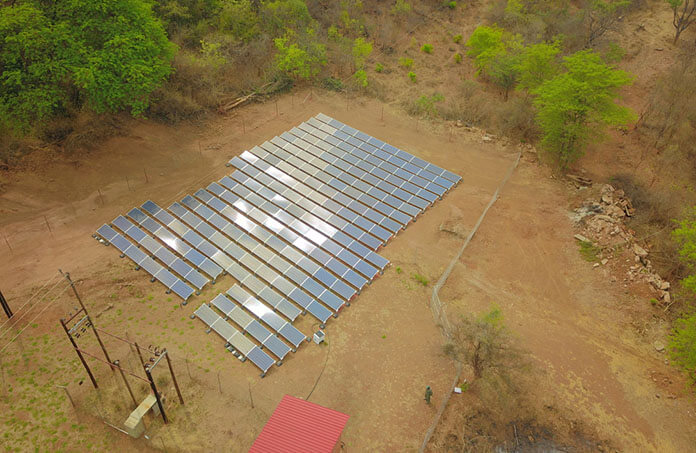- The government of Lesotho has been granted US 40million from the International Development Association (IDA), a subsidiary of the World Bank for Renewable Energy and Energy Access Project.
- The project aims to provide access to electricity to households in rural and peri-urban areas, small and medium enterprises (SMEs) and economic centres that are both grid-connected and off grid.
- In peri-urban areas, electrification will be achieved through grid extension while off-grid systems will be favoured in rural areas.
Extension of the grid will be executed by installing medium and low-voltage lines between 11kV and 33kV. The project will also rehabilitate existing substations and construct new ones. The new facilities will provide electricity to farming areas such as Butha-Buthe; to industrial areas such as Mokhotlong and Berea; and to highland areas such as Qacha’s Nek.
In rural areas, the government intends to rehabilitate the Semonkong mini-grid, which is supplied by a small hydropower plant 113km from the capital Maseru and has a capacity of 180kW. The mini grid currently does not meet population’s expectations, as its turbine is idle. The project will also enable the construction of a 1.5 MWp solar photovoltaic off grid that will support the rehabilitated Semonkong hydroelectric power plant. The solar power plant will be equipped with a 500kWh storage system.
Additionally, 39 solar-powered mini-grids will be constructed in rural areas of Lesotho. Lesotho is renowned for abundant supply of unspoiled and unexploited water resources, capturing approximately 50% of Southern Africa’s total catchment run-off, therefore, hydropower contributes to most of its electricity needs. However the country is still a net importer of energy from neighbouring countries to meet its demand.
Author: Bryan Groenendaal















